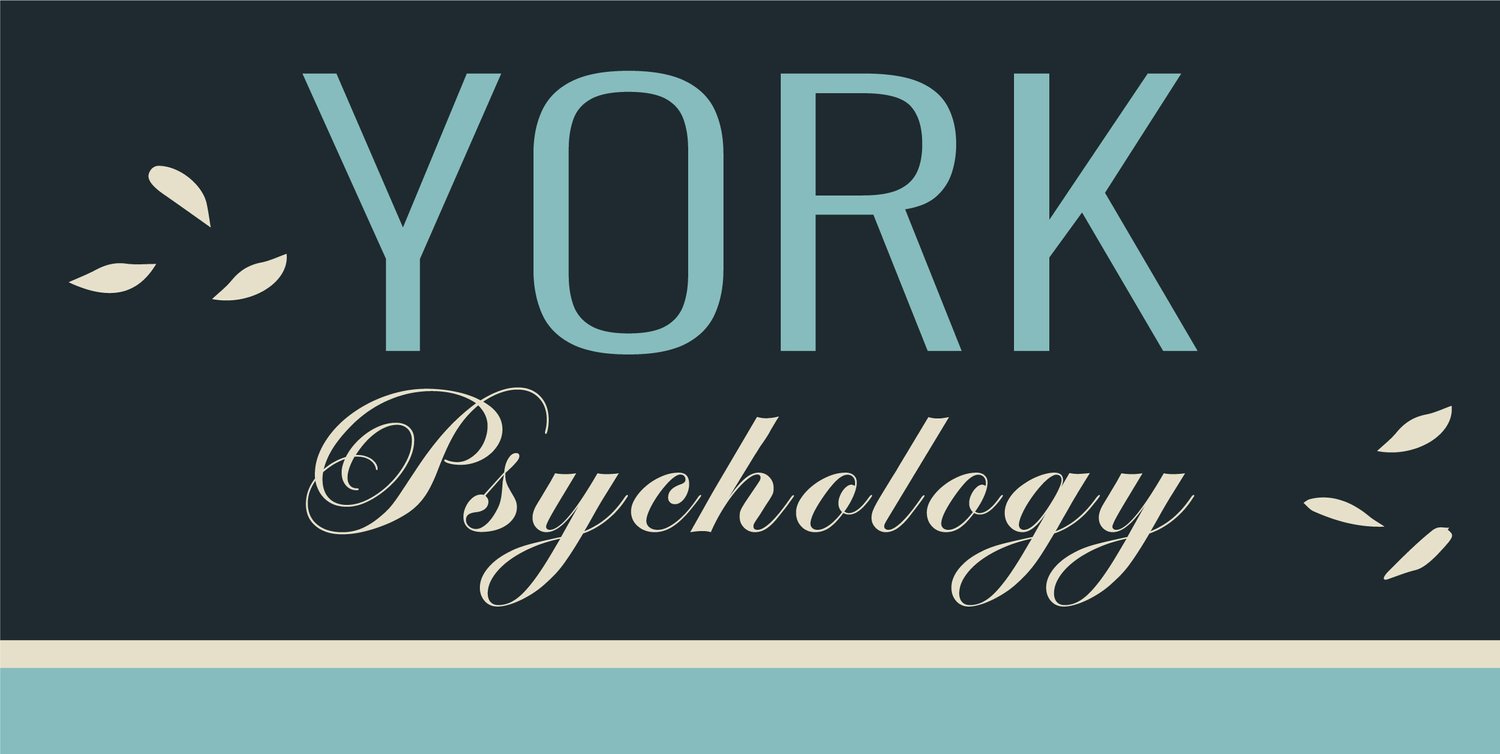What Is Anxiety and How Can I Handle It? New Perspectives
Anxiety: new perspectives on what it is and how to manage it. Learn about core and inhibitory emotions, and now that information can help you manage anxiety for good.
Let's talk about anxiety! One of the therapeutic lenses that I practice from is Accelerated Experiential Dynamic Psychotherapy (AEDP). This model has a great tool called the Change Triangle that comes from AEDP therapist Hilary Jacobs Hendel's work - the information in this post is a small snapshot of this concept. You can find her work here - highly recommend giving it a read.
Let’s talk about emotions
In a nutshell, humans have 7 core emotions: joy, fear, sadness, disgust, anger, excitement, and sexual excitement. They are typically experienced as physical sensations in the body. Core emotions are adaptive and provide us with the information we need to know about our environment so that we can survive but also thrive. Thriving is when we are wholehearted and connected to ourselves - which occurs when we are able to feel our emotions and use the information they give us for our betterment.
What is anxiety?
Sometimes, we are unable to fully experience our core emotions, and that's where anxiety comes in. Often times, it shows up to protect us from being overwhelmed by strong emotions. This can be adaptive, like when you are at work and cannot afford to ride the wave of anger or sadness in the moment. The problem comes if we never dip below the anxiety to engage with those core emotions and let them run their course. We can get stuck in feeling anxious, which comes with all kinds of symptoms that can be both physically and emotionally distressing.
How to manage your anxiety
What can be helpful is learning to notice anxiety as a cue that there are core emotions underneath that are asking for attention. In my experience, it's often fear, anger, and sadness.
When you notice you're feeling anxious:
Pause and take a moment to breathe
Notice the sensations that come up in your body, which are clues to which core emotions you might be feeling
Listen to what the emotion is telling you without judging it - feelings are just information
Think about how best to proceed
Taking time to pause, notice, listen, and think can create the space to connect with yourself and let your emotions give you the information you need to shake off the anxiety.
Not sure how to do that, or how to stay with strong emotions and process them? I love to do this work with clients, and I'd love to support you, too. Connect with me here to book a session.

